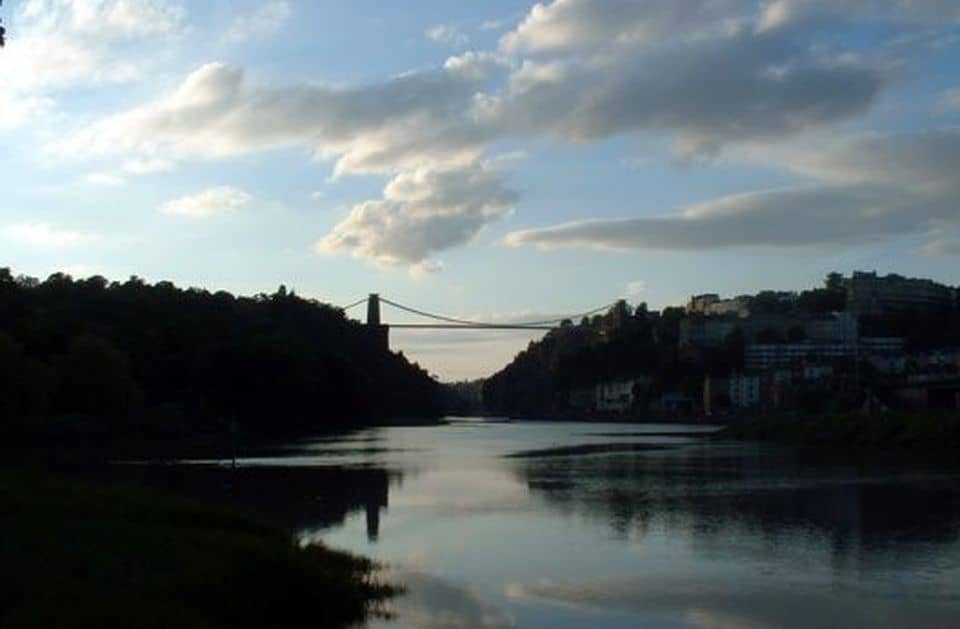Written by Simon Roberts OBE, Chief Executive of the Centre for Sustainable Energy
No. Because it won’t happen. Not unless there is purposeful effort by cities like Bristol to lead through example and ensure that national and corporate smart energy policies and initiatives embrace city-scale action and truly reflect the public interest.
Without such city-level effort, ‘smart energy’ risks becoming the preserve of corporate interests and a tech-savvy minority, providing limited benefits to a few and failing to realise its full potential to transform our energy system. Not so smart.
This is a core conclusion of the first year of the Bristol Smart Energy City Collaboration, convened by charity and Ashden Award winner the Centre for Sustainable Energy (CSE), and part-funded by Ashden and two of its sister charities.
The potential to use real-time high resolution energy data to make our energy system ‘smart’ is widely extolled. From using smart meter data to stimulate energy-related behaviour change to integrating variable sources of local renewable energy generation with the battery storage capacity of electric vehicles, smart energy opportunities are abundant and alluring.
In combination, these opportunities can support the affordable low demand, high renewables energy system we need.
However, discussion of these opportunities typically focuses on narrowly technical or commercial plans to exploit smart energy data. It rarely explores the social and cultural context in which action must take place. And, in spite of the ubiquity of the phrase ‘smart city’, it almost never looks at the scale at which such opportunities might best be realised.
Broadening this discussion and examining the considerable strengths and potential weaknesses of city-scale smart energy action was the initial purpose of the Bristol Smart Energy City Collaboration.
Convened by CSE in 2015, Bristol’s European Green Capital year, the Collaboration brought together a cross-disciplinary group of expert organisations from the public, private, voluntary and academic sectors.

The output of the Collaboration’s first year is captured in a detailed report Towards a Smart Energy City: mapping a path for Bristol, which includes road maps outlining steps which need to be taken over the next five years and, vitally, highlighting the ‘first next steps’ for 2016.
Many of these ‘first next steps’ are obviously focused on setting an example and building experience: encouraging local businesses to share efforts to apply existing smart energy services such as that offered by Ashden Award winner Demand Logic; developing a local service to make sure that the nationally mandated smart meter roll-out works for Bristol’s households.
Other steps are about changing the local context by, for example, commissioning engaging public art to stimulate public conversations about peak demand and local renewable generation.
Still others are about challenging the status quo – engaging with national policy makers to ensure that existing constraints on city-scale action are relaxed to provide ‘space to experiment’ and thus the opportunity to demonstrate the potential value of more significant change.
The insights and findings from Bristol are applicable to any UK city, though the first next steps elsewhere might vary (‘convene a Collaboration’ might come first!). That’s why we have made all of the document collation and the analysis we undertook of what’s known about technical, commercial, regulatory and social aspects of smart energy in the UK available to anyone via a wiki.
As for the Bristol Collaboration, we’ve really only just started. We will continue to bring partners together in the city in a spirit of collaboration, shifting in 2016 from our efforts to understand the challenges to actually taking the next steps to address them.
We’ll continue to share and disseminate our learning more widely. And we’ll be putting the case nationally for city-scale action to be integral to future policies, programmes and market regulations so that a Smart Energy City can emerge and thrive.
Now that would be both smart and amazing.

